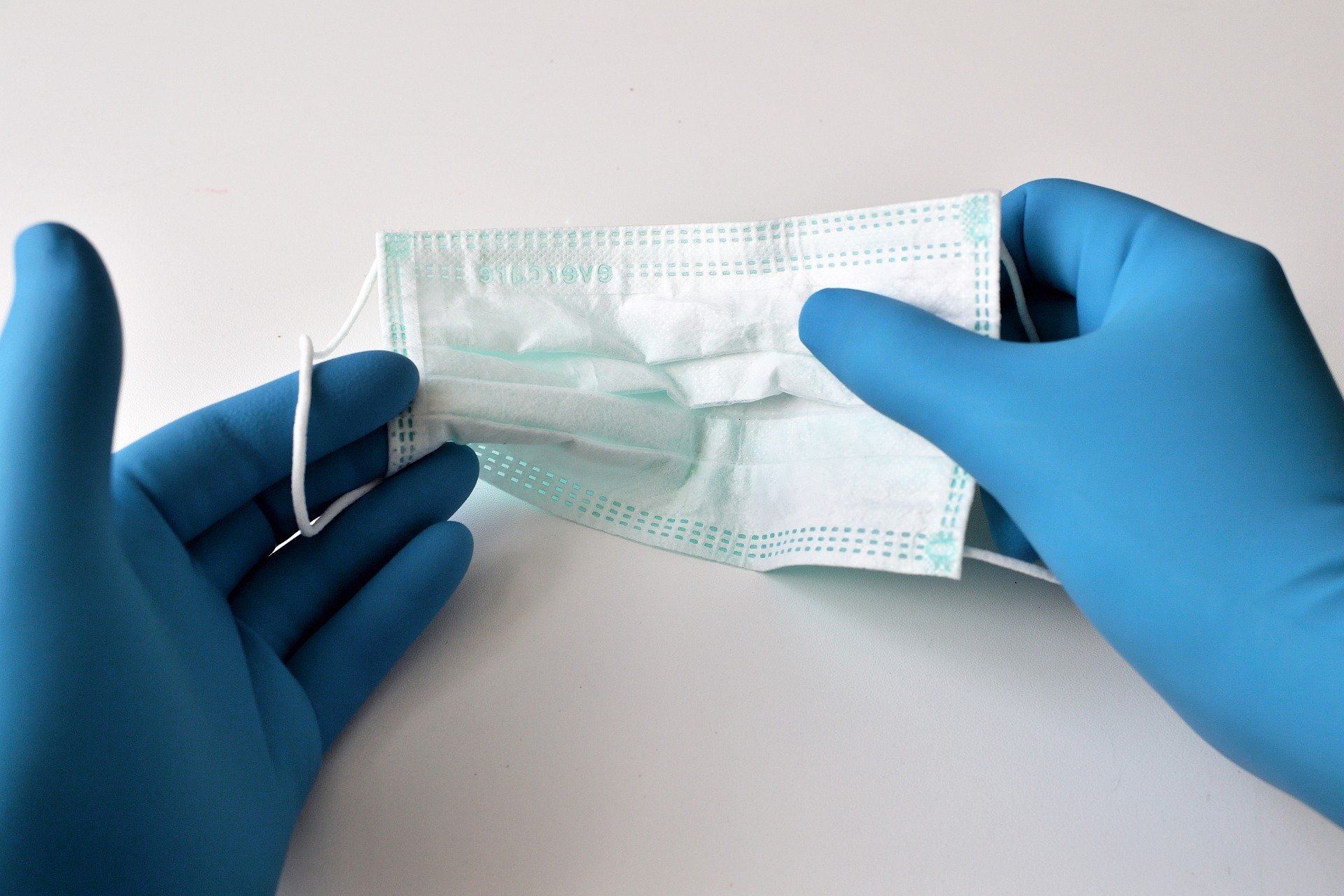One of the many studies on the new coronavirus, 2019-nCOV, stated that the infection could also occur in contact with infected people but without symptoms. However, the research has been re-verified and the “Robert Koch Institute”, responsible for the control of infectious diseases in the world, replied with a letter, defining it as wrong.
The study under discussion traces the first four cases of contagion in Germany, where the “Robert Koch Institute” is located. The attention was focused on a woman from Shanghai who had been near Monaco between 20 and 21 January and during her stay had come into contact with one of the infected people. According to the research, the patient had no symptoms at the time of her stay in Germany, while she started manifesting it while returning to China where she was in fact diagnosed on 2019-nCOV on January 26. In reality, however, the report drawn up does not have a solid scientific basis because no one had managed to contact the Chinese woman before publication. The researchers were told that the latter showed no symptoms, while she herself, after being listened to, said she already had some ailments such as exhaustion and muscle pain, as well as taking acetaminophen when she was still in Germany. The team justified themselves by saying that they had not been able to reach the lady immediately for information on the real state of health, but in the meantime there was a need to quickly communicate the findings.
In particular emergency contexts it is difficult to talk to everyone and therefore the error may have been dictated more by the desire to have answers as soon as possible than by a carelessness. However, some experts point out how wrong it was to define “asymptomatic” the case of the woman who seemed to have no symptoms, while in reality she was not really well. The fact that the study has been retracted does not mean that the contagion cannot however take place also starting from people in incubation who temporarily show no symptoms.
